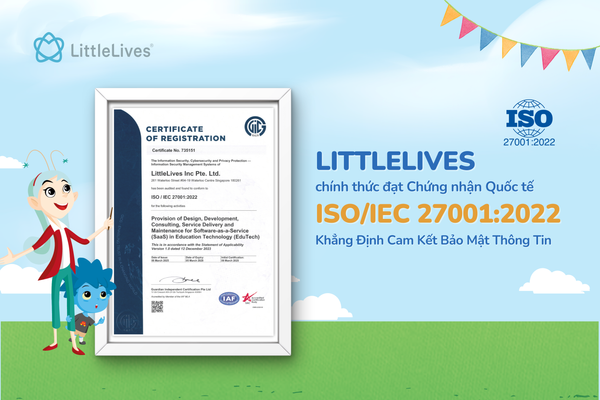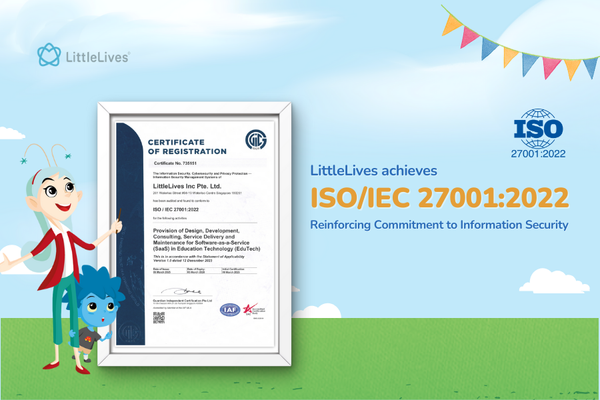Why should schools choose cloud technologies?

Here's why:
- Hardware virtualization
- Accessing school information on the go
- Growth in innovation, leading to increased market competitiveness
The cloud technology market is growing steadily and gaining new users every day. The worldwide public cloud computing market continues to grow and is expected to reach an estimated 482 billion U.S. dollars in 2022. Leading businesses, government agencies, and even schools are increasingly coming to understand the usability of cloud computing.
But to the heart of it all - why should schools choose cloud-based technology? In this article, we will weigh the pros and cons of a cloud-based school management system. This software most often combines useful analytics with convenient cloud storage, and therefore it will be much more profitable for schools to take full advantage of possible innovation.
Top reasons to choose cloud-based school management system

More companies are choosing a system that allows technology to be used in a timely and consistent manner. ERP solutions that previously only large companies could afford are becoming available to every school and should be used because:
- This is the future. Whether you like it or not, your school will end up in cloud technology sooner or later. There is no doubt that you will need a convenient system to help facilitate your work processes. Migrating to the cloud can help reduce the complexities and challenges of managing your infrastructure. The cloud makes the organization more flexible, from analytics and working with student visits, to managing all the key processes for their learning.
- Be flexible, stay competitive. Schools that are not flexible enough find it difficult to stay competitive. It is important to timely and consistently adapt to both internal and external changes. Technology helps schools to cope with difficult tasks, increase student loyalty and strengthen the relationship with parents. The cloud-based school management system is one such technology. It is a great tool for schools looking to adapt to change. Along with simplifying the process of managing infrastructure, the cloud does affect other processes. This is not only about optimizing the work of one department but also about the work of the school as a whole.
- Turning to the cloud is fast. There is a misconception that cloud migration is costly and time-consuming. In fact, it could be simpler than you may think. Partnering with LittleLives will make the transition as easy as possible, with experts to support you throughout and beyond the migration period. Your documents and systems will be available anywhere, on any device, thereby increasing the level of productivity of employees and school processes in general. And in the long run, it will save you time and money.
TLDR; the benefits and usability of cloud storage from a school management system outweigh the potential risks.
Frequently Asked Questions
- What is cloud computing in schools?
This technology makes it easier for each party to gain access to data. This way, teachers load and check materials faster, students can access their homework wherever they have an Internet connection, and administrators can easily collaborate with each other and save money on data storage.
- What is an example of a cloud-based school management system?
Cloud technology has a place to be in almost every school management system, like LittleLives. The software provides a variety of services over the Internet, including data storage, servers, databases, networks, and software.
- What is a school management system software?
A school management system is software that helps to optimize almost any day-to-day task for teachers, managers, and other personnel. In addition, the software improves communication between the school, its students, and their parents.
- How cloud-based managing ERP software improves the efficiency of the school?
School management systems like ERP, which have cloud storage, help to conduct completely error-free analytics and more mobile management of the entire school as a whole. As a result, the school becomes more competitive, improving the relationship between all organization parties and optimizing each task.





